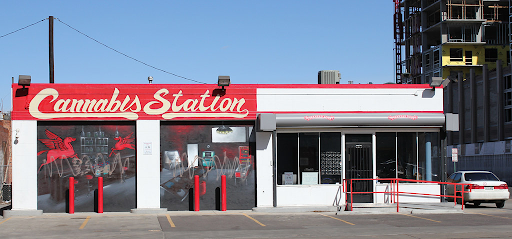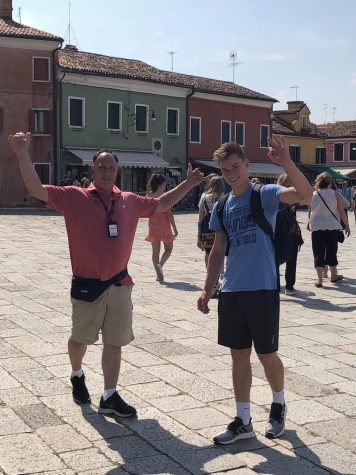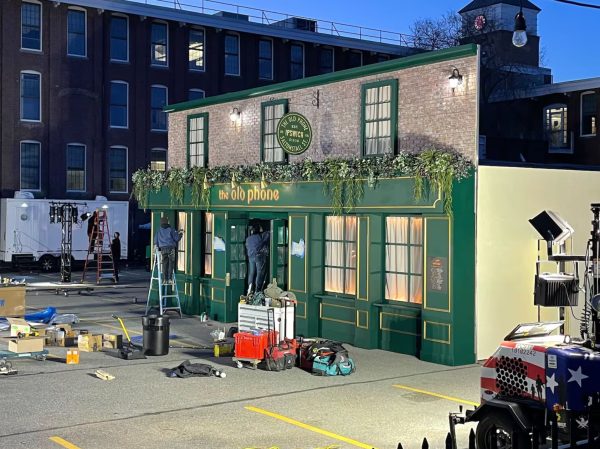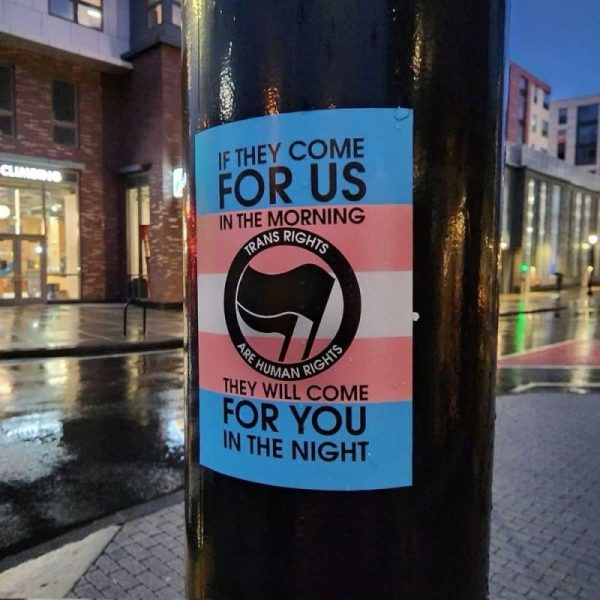Pot Shops Make Towns Money, but Some Communities Say ‘No’

Marijuana dispensary in Denver, Colorado. More shops are popping up all over states where pot is legal. The first shop in MA was built in Salem.
Now that marijuana has been legalized in Massachusetts, and a few of our surrounding towns have dispensaries in place, many people are wondering what it means for our community and just exactly how it all works.
Since marijuana is still federally illegal, all business around pot is a sensitive field to be working in. There are many problems that dispensaries have to work through, such as federal taxes, usage and amounts of pot, importing and exporting, and state versus federal law.
“I feel that as long as there are no added dangers to the community, there is no reason to not legalize marijuana,” said Triton student Nathaniel Howard. “From what I have heard pot shops would bring revenue into our area.”
Dispensary cannabis is still all grown in California and shipped to Massachusetts, but shipping faces the problem of untrusted people, in which businesses must take extra precautions so that they don’t lose any product. According to Newbury Town Selectman Alecia Greco, “Every stem, leaf, and plant has to be tracked.”
Back in 2016, Massachusetts voted to legalize the recreational use of marijuana. However, federal law still states that marijuana is an illegal drug. Federal law still trumps state law, meaning that any dispensary can be shut down by the government at any time. Banks will not allow anyone to purchase pot products with cards, only cash, since the federal government classifies money used to buy marijuana as drug money.
Massachusetts has put multiple taxes on marijuana as well. According to willbrownsberger.com there is a 10.75% state retail tax and an optional 3% municipal tax on marijuana in Massachusetts. However, anyone who has a medical marijuana card doesn’t have to pay any tax for pot products, and can skip any line at a dispensary.
The Triton Voice interviewed former Triton teacher, Mike Doyle, who is a former pharmacists as well, and a current Newbury Town selectman.
“It’s an industry that’s gonna explode,” said Doyle, “Every day they are finding out more uses for THC. It’s stopping cancer growth.”
Pot dispensaries are much more secure than liquor stores and tobacco shops. Every pot store has a police officer on duty inside and everyone who enters has to display their license when they enter the door and once again at the register. The police are stationed in the shops both for safety and for crowd control, since some shops have had lines quite far outside the door.
Any state that legalizes marijuana has to make their own laws about possession, transporting and age. According to visit-massachusetts.com, anyone over the age of 21 with a federal ID can purchase and use marijuana, and you don’t have to be a resident of Mass either. You may only possess up to one ounce of marijuana and up to five grams of marijuana concentrate outside your home, and it may only be used inside your home. The use of marijuana in public is still prohibited, and any location where tobacco is banned, marijuana is too. When transporting, such as in a vehicle, marijuana must be sealed in a container and kept in either the trunk of a car or a locked glove compartment. Just like alcohol, driving while under the influence of marijuana is also illegal.

Hi! I'm Derek Cotter, a junior at Triton High School.
I like to run track, play the bass guitar, dirt bike, and work with my family at Cotter Brothers...






